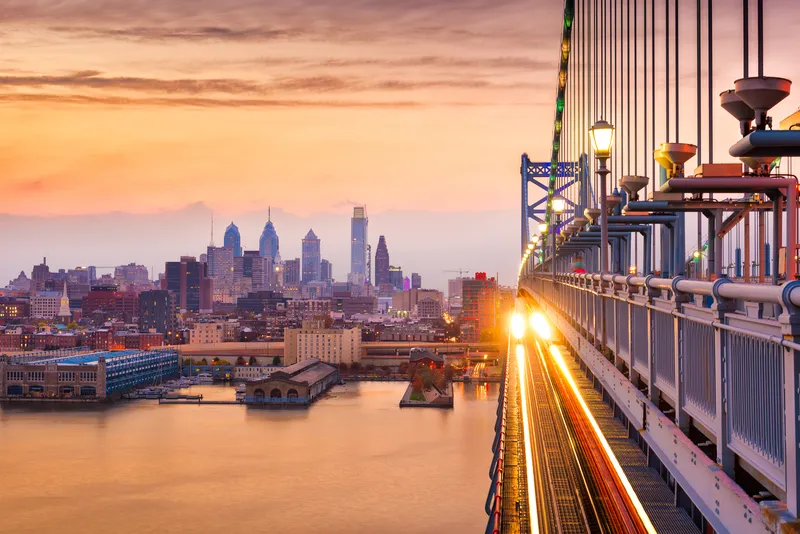Siemens’ investment, valued at US$385,000, aims to support the expansion of the ‘Smart Columbus’ initiative. The advanced hardware and software will act as the foundation for the city’s future connected vehicle efforts, enabling vehicles to communicate with traffic infrastructure and, as a result, improve driver and pedestrian safety, reduce congestion and lower emissions.
The Siemens intelligent software and hardware package for Columbus includes connected vehicle-ready traffic control software that provides operators with detailed traffic signal phase timing, roadside units that allow traffic intersections to communicate with vehicles and roadside unit management software that gives operators real-time visibility into traffic flow and connected vehicle operations. Siemens will also provide the city with training and support.
As part of its Smart Columbus initiative, the city will determine the most effective use cases and locations to implement the connected vehicle technology.
The City of Columbus won the USDOT US$40 million Smart City Challenge in June 2016 after competing against 77 cities nationwide. Columbus was also awarded a US$10 million grant by the Paul G. Allen Family Foundation to reduce greenhouse gas emissions through the de-carbonisation of the electric supply and transportation sectors.
Siemens invests in connected vehicle technology for Smart Columbus initiative
Siemens Intelligent Traffic Systems is providing an in-kind investment of its connected vehicle hardware and software technologies to Columbus, Ohio, the recent winner of the US Department of Transportation’s (USDOT) Smart City Challenge. Siemens’ investment, valued at US$385,000, aims to support the expansion of the ‘Smart Columbus’ initiative. The advanced hardware and software will act as the foundation for the city’s future connected vehicle efforts, enabling vehicles to communicate with traffic infrast
May 12, 2017
Read time: 2 mins










